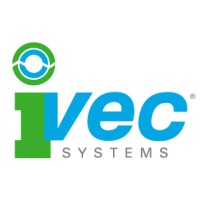
Reliable Controls Corporation
At Reliable Controls Corporation, we’re not merely a company; we’re the custodians of technological excellence in mining and energy. Our true purpose is to do more than just exist; it’s to deeply touch the lives of our team, our clients, and the communities we serve. In our world, we don’t just cultivate loyalty, trust, and a legacy; we empower it, turning it into a force to be reckoned with. Our ultimate mission? It’s not just about the ‘bottom line’; it’s about elevating the ‘human line’ above all else. We don’t merely embrace innovation; we breathe it, nurturing the very bedrock of our industry. Together, we rise, not content with mere survival, but committed to leaving an indelible mark on the world. This is not just business; this is a revolution in human-centric excellence.






